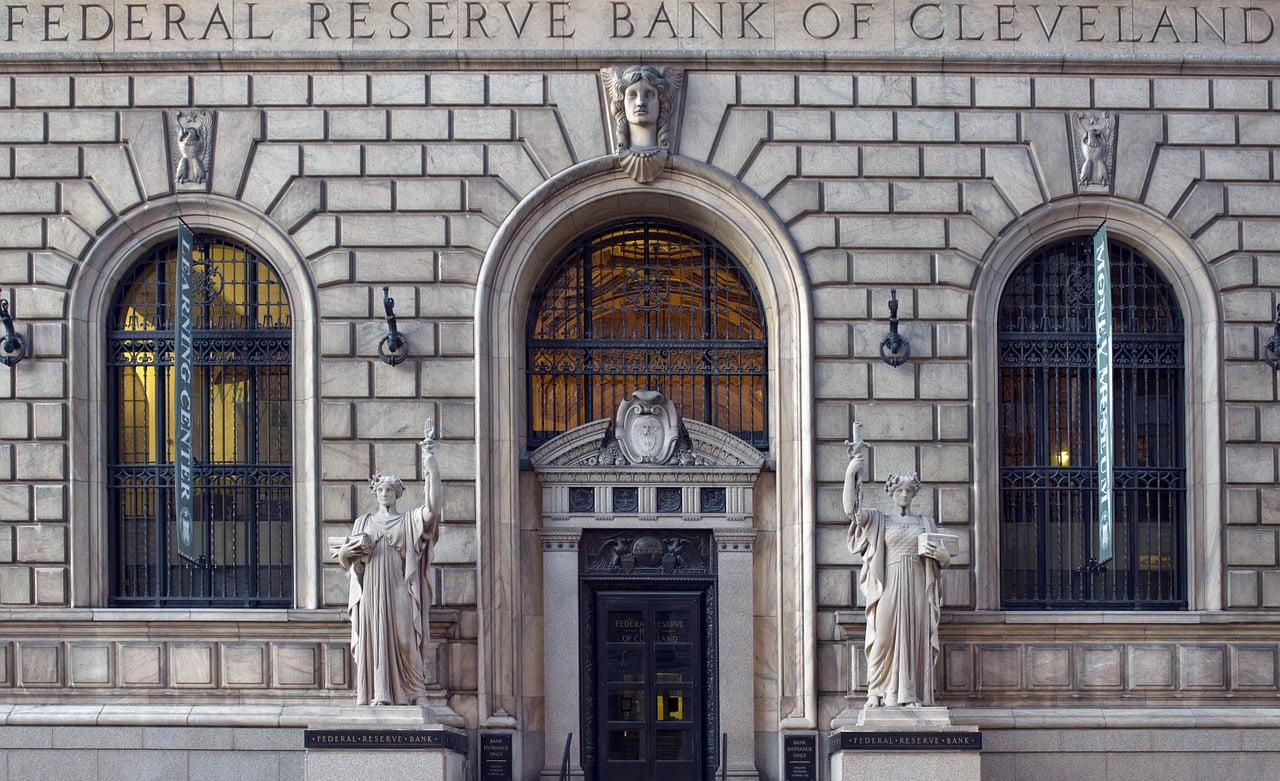In his Daily Market Notes report to investors, while commenting on the fed officials talking about tapering, Louis Navellier wrote:
Q1 2021 hedge fund letters, conferences and more
Traders Are In A Good Mood
One reason that stock market was in a good mood this week was that we tend to rally heading into holiday weekends. In other words, when we are in a good mood, so are investors and that positive feeling seems to rub off on the stock market. In fact, our friends at Bespoke reported that in the past 50 years the S&P 500 has posted an average gain of 0.52% during Memorial Day week with positive returns 62% of the time.
The CoreLogic Case-Shiller Home Price Index was announced on Tuesday, which reported that home appreciation is now running at the fastest pace in more than 15 years. Specifically, through March, average home prices in 20 major metropolitan areas are now running at a 13.3% annual pace through March, up from a 12% annual pace in the previous month. Phoenix had the fastest annual home appreciation at 20%, followed by San Diego at 19.1%. In other words, inflation is accelerating.
Fed Officials Talk About Tapering
More Fed officials are openly talking about “tapering,” but they are still a minority and the next Federal Open Market Committee (FOMC) statement will be closely scrutinized for any change in the Fed’s language. In the meantime, the 10-year Treasury bond remains remarkably well behaved and fell below 1.6% on Tuesday.
It is also notable that the demand for corporate bonds remains relentless as companies rush to raise capital at ultra-low historic yields to refinance existing debt, boost their cash reserves and buy their outstanding stock back.
The simple fact of the matter is that relative to bond yields the stock market remains grossly undervalued, which is why most companies prefer to sell debt rather than issue new stock.
Since the Fed’s primary focus remains on unemployment, I expect that higher continuing unemployment claims may cause the Fed to remain accommodative. I should also add that 21 states have opted out of the $300 supplemental unemployment benefit due to growing labor shortages, especially for service workers, so continuing unemployment claims should drop as unemployment benefits expire in several states.
Green Capital
With the mighty tailwinds of capital being deployed by Wall Street, global institutional investors, retail investors, the Biden proposals, and those around the world by governments in a race to see who can save the planet from itself fast enough, the obvious question for income investors is who the biggest publicly listed winners are going to be, and are there green energy plays that pay juicy yields.
That is a quandary, since the ESG movement is still relatively young in terms of its scaling up, and almost all assets dedicated to ESG energy projects are purely organic growth investments in nature. Finding yield with good risk/reward profiles is a challenge, yet there are some places for income investors to examine.
One place would be the electric utilities sector of the market. Historically, the power utility stocks underperform during periods of inflation, as capital rotates into more cyclical sectors of the market more leveraged to inflationary forces and upward pricing pressures. But this time around is different. The multi-trillion-dollar transformation to green and renewable energy will in my view have an insulating effect on how utility stocks trade going forward, resulting from upward revisions in rates of growth.
The Chinese Crackdown On Bitcoin
If the Chinese root out bitcoin from China, where two thirds of bitcoins are now mined, it will not be a vote of confidence for this digital asset. Being impossible to transact in bitcoin in the soon-to-be largest economy in the world will certainly make it less attractive and may pressure bitcoin prices quite a bit further, compared to where they settled last week.
Over the centuries, there have been many crackdowns and governmental raids on gold bullion, including debasement of gold coins, yet the Midas metal is still here. Like bitcoin, gold has no cash flow, and it costs money to mine. But unlike bitcoin, gold has 5,000 years’ worth of history in its favor.






